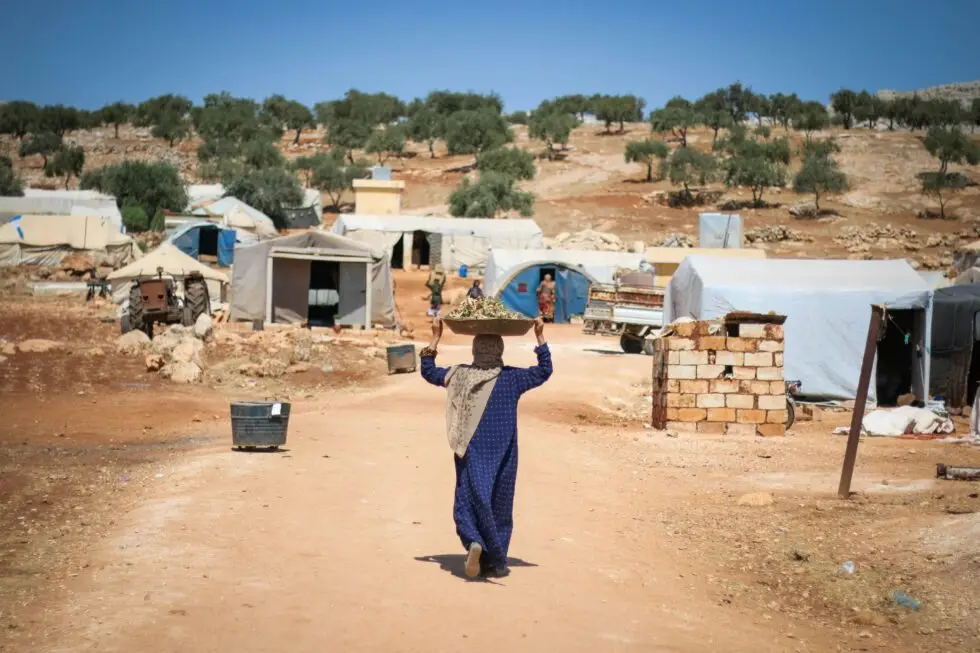Federal Minister of the Interior Alexander Dobrindt (CSU) intends to present a corresponding draft bill to the federal cabinet on Wednesday (May 28, 2025). A spokesperson for the Ministry of the Interior confirmed the plan to the AFP news agency last Sunday.
The governing parties already agreed to the temporary suspension in the coalition agreement . It states: "We are suspending family reunification for persons granted subsidiary protection for two years."
The plan is now to be enshrined in law.
What does that mean in concrete terms?
Persons entitled to subsidiary protection are people who are not granted asylum in Germany under the Geneva Refugee Convention - but who cannot be deported to their country of origin for humanitarian reasons. For example, because they are threatened with torture, death sentences or other human rights violations there. Many of those affected come from crisis regions such as Syria or Afghanistan.
Currently, up to 1,000 relatives of these people - mostly spouses or underage children - are allowed to move to Germany legally every month.
The planned law will remove this option for at least two years.
According to the coalition agreement, the parties want to examine after the two years whether a further suspension of the last applicable rules is necessary.
The reform does not affect relatives of persons entitled to asylum or refugee status. Family reunification remains possible for them and also for holders of a Settlement permit (in accordance with Section 26 (3) and (4) AufenthG).
When will the new law come into force?
The project is currently only a draft bill. This must first be passed by the Bundestag and Bundesrat before the law comes into force. It is currently not possible to predict exactly when this will happen.
However, the German government seems to be in a hurry with the project. Various media report that the decision could be made before the summer break in July.
Family reunification already suspended in the past
The planned measure is not new: the grand coalition (CDU/CSU and SPD) under Chancellor Angela Merkel had already suspended family reunification for persons entitled to subsidiary protection from March 2016 to July 2018. A monthly quota of 1,000 people was then introduced and has been in place ever since.
With the current plan, the CDU/CSU and SPD are moving away from the plans of the previous government. The latter had announced in 2021 that family reunification for beneficiaries of subsidiary protection would once again be possible without restrictions. However, this never happened until the change of government in May 2025.
Broad criticism from the opposition, NGOs and churches
The plan has been heavily criticized. Green politician Schahina Gambir called the plans "immoral" to the news portal dpa and spoke of a breach of constitutional principles. "This policy is driving a wedge into social cohesion," said Gambir.
In a letter to the German government, more than 30 non-governmental organizations (NGOs) are calling for family reunification to be expanded rather than further restricted.
Church representatives are also concerned: the refugee commissioner of the Protestant Church in Germany, Bishop Christian Stäblein, spoke out clearly against the plans. He said that cohesion within the family is a key prerequisite for integration and participation.
Catholic Bishop Stefan Heße, Migration Commissioner of the German Bishops' Conference, also warned of the consequences. A prolonged separation of families is "ethically extremely questionable" and would significantly hinder integration. The Basic Law places the family under special state protection - this must also apply to refugees.







